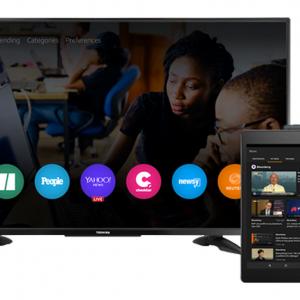
What are water quality sensors?
Water quality sensors can detect water quality in various applications. In particular, water quality monitoring systems can provide researchers, operators and engineers with critical water quality data for laboratory research, quality control, hydraulic model calibration, compliance and tracking of changes in water system quality over time.
Sensors can be the eyes and ears of system operators, offering real-time actionable data that can be used to preserve water quality in distribution systems. Sensors can also alert human observers, preventing a public health catastrophe.
Water quality sensor information is commonly used for decision-making on a wide range of management issues, including meeting regulatory water quality requirements, identifying non-regulatory water quality for key users, confirming water quality modeling and applying a contamination warning system.
The chemical, biological and physical conditions of water indicate its quality in numerous ways. Even small shifts in these characteristics can impact the people and industries that rely on water. To maintain quality, tracking water parameters like conductivity, dissolved oxygen, pH, salinity, temperature and turbidity is essential. For the very same reason, water quality sensors have become standard in many systems. Water quality sensors are applied via two fundamental approaches. They are either used to directly gauge components of interest, like chemical concentrations, or to assess surrogates, which are indicators that may reveal the presence of contaminants.
What are the types of sensors?
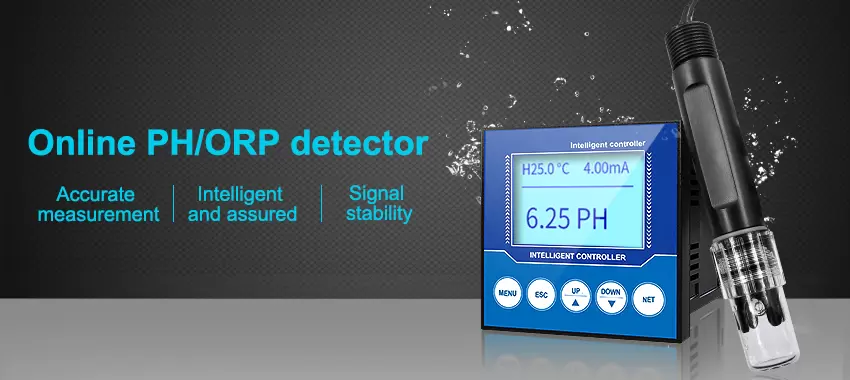
pH Sensor
The pH of a solution, how acidic or basic it is, a major indicator of water quality. Sensors used to determine pH are usually a single electrode, typically made of glass and quite delicate. An electrode is typically attached to an analyzer that has an interface for data collection, calibration, and alerts.
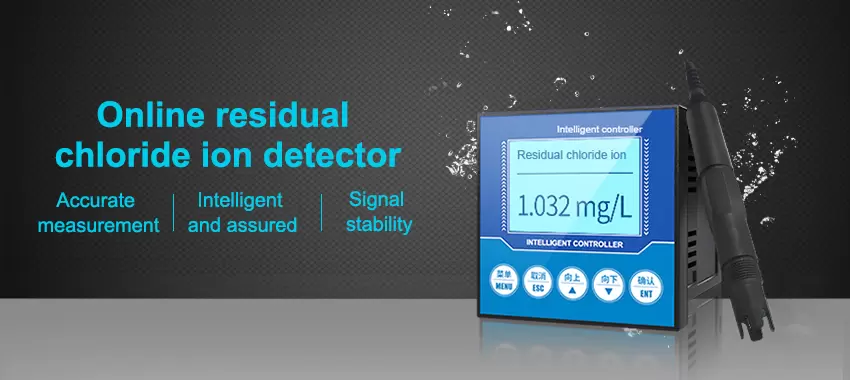
Residual Chlorine Sensor
Determining residual chlorine in water treatment centers and distribution systems is essential and has been important as long as chlorine has been used to disinfect water.
Chlorine sensors evaluate free chlorine, monochloramine, and total chlorine. The principal application is drinking water disinfection, although total chlorine is also often assessed in treated wastewater.
TOC Sensor
Total organic carbon (TOC) is both a direct indicator and a surrogate is a crucial parameter for water quality evaluation. There are two types of TOC sensors currently available: TOC analyzers and TOC sensors.
If used for regulatory reporting, governing an essential process-control variable or quality control, instrument reliability is crucial. If used for general TOC tracking – not for making important quality decisions, then other sensor qualities may be more essential than accuracy.
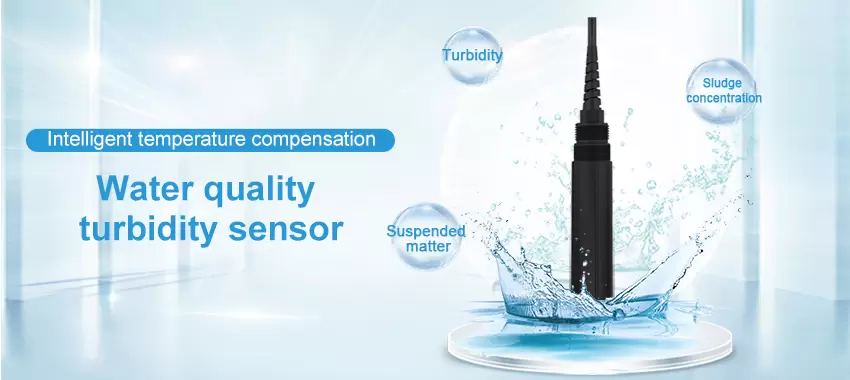
Turbidity Sensor
Turbidity sensors gauge suspended solids in water, normally by determining the amount of light that is able to pass through the water. These sensors are used in river and stream testing, wastewater measurements, drinking water treatment operations, settling ponds management, sediment transport study and laboratory testing.
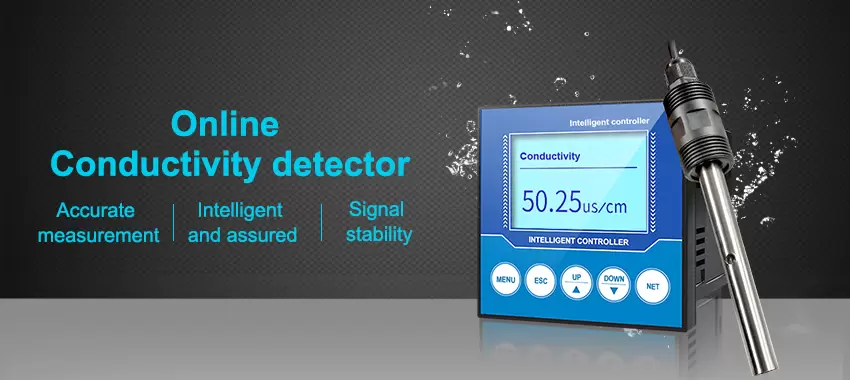
Conductivity Sensor
Conductivity testing is often conducted in industrial settings to obtain data on total ionic concentrations, such as the amount of dissolved compounds, in aqueous solutions. Common applications include water purification, clean in place (CIP) control, and measuring concentration amounts in solutions.
A standard conductivity sensor can be either an inline sensor directly inserted or a sensor in a housing, with a cable linked to a transmitter, which sends signals to a processing and/or recording device.
ORP Sensor
ORP sensors gauge the Oxygen-Reduction Potential of a water sample. Used in conjunction with a pH sensor, an ORP measurement can offer insight into the degree of oxidation/reduction reactions taking place in the solution. An ORP Sensor should be connected to an effective interface and software to gather data.
Article source: https://article-realm.com/article/Health-Fitness/23203-Water-Quality-Sensors-Can-Measure-Water-Quality.html
Reviews
Comments
Most Recent Articles
- Apr 12, 2024 Adaptive AI Market Size, Trends, Latest Insights, Analysis and Forecast 2024-2031 by arti
- Apr 12, 2024 Menstrual Health Apps Market Is Expected To Exhibit Significant Growth Over 2031 by arti
- Apr 12, 2024 Massive MIMO Market Is Expected To Exhibit Significant Growth Over 2031 by arti
- Apr 12, 2024 Smallpox Treatment Market Is Expected To Exhibit Significant Growth Over 2031 by arti
- Apr 12, 2024 Single-Use Medical Device Reprocessing Market to Witness Growth Acceleration by 2031 by arti
Most Viewed Articles
- 31951 hits Familiarize The Process Of SEO by Winalyn Gaspelos
- 2218 hits Very Important Ergonomic Office Furniture Brand You Should Know About by neck
- 2105 hits Reasons Developers Should Switch to HTML5 ASAP by Guest
- 2080 hits Cheap Domain Registration and Web Hosting in Nepal: AGM Web Hosting by Hari Bashyal
- 1963 hits Get Solution of Hp Printer Offline Errors on Windows and Mac by shubhi gupta
Popular Articles
In today’s competitive world, one must be knowledgeable about the latest online business that works effectively through seo services....
76898 Views
Are you caught in between seo companies introduced by a friend, researched by you, or advertised by a particular site? If that is the...
31951 Views

Walmart is being sued by a customer alleging racial discrimination. The customer who has filed a lawsuit against the retailer claims that it...
12262 Views
If you have an idea for a new product, you can start by performing a patent search. This will help you decide whether your idea could become the...
10315 Views
Statistics
| Members | |
|---|---|
| Members: | 14063 |
| Publishing | |
|---|---|
| Articles: | 58,909 |
| Categories: | 202 |
| Online | |
|---|---|
| Active Users: | 40 |
| Members: | 2 |
| Guests: | 38 |
| Bots: | 339 |
| Visits last 24h (live): | 2459 |
| Visits last 24h (bots): | 11699 |
